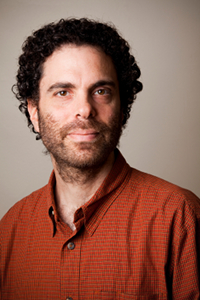

Jonathan Kimmelman: Anatomy of Clinical Translation: Ethics, Epistemology, and Policy
21 March 2014, 11:30 am - 1:00 pm EDT
ABSTRACT
The clinical translation process is widely viewed as plagued by inefficiency, error, and delay. However, such views- and the research reforms aimed at correcting these deficiencies- draw on a problematic understanding of the nature of clinical translation (the “pipeline model”). In what follows, I use the recently translated cancer drug sunitinib to illustrate an alternative model for clinical translation (the “dynamic learning model”). This model is marked by three central features. First, clinical translation is less about developing drugs than it is about developing intervention ensembles- that is, packages of materials, practices, and knowledge needed to effectuate the clinical utility of new drugs. Second, clinical translation is marked by clinical research activities that have two distinct epistemic goals: discovery vs. confirmation. Third, a key task of clinical translation is the refinement of theories that drive clinical decision-making at the bedside. I close by unfolding some of the implications of this model for debates in research ethics, medical practice, and drug regulation.
SPEAKER PROFILE

Johnathan Kimmelman is Associate Professor in the Biomedical Ethics Unit / Social Studies of Medicine. He has cross appointments in Experimental Medicine, Epidemiology, Biostatistics and Occupational Health, and Human Genetics. Kimmelman holds a PhD in Molecular Biophysics and Biochemistry from Yale University, and joined McGill in 2005. His research revolves around the ethical, social and policy dimensions of translational research.
Read more about Jonathan Kimmelman.
